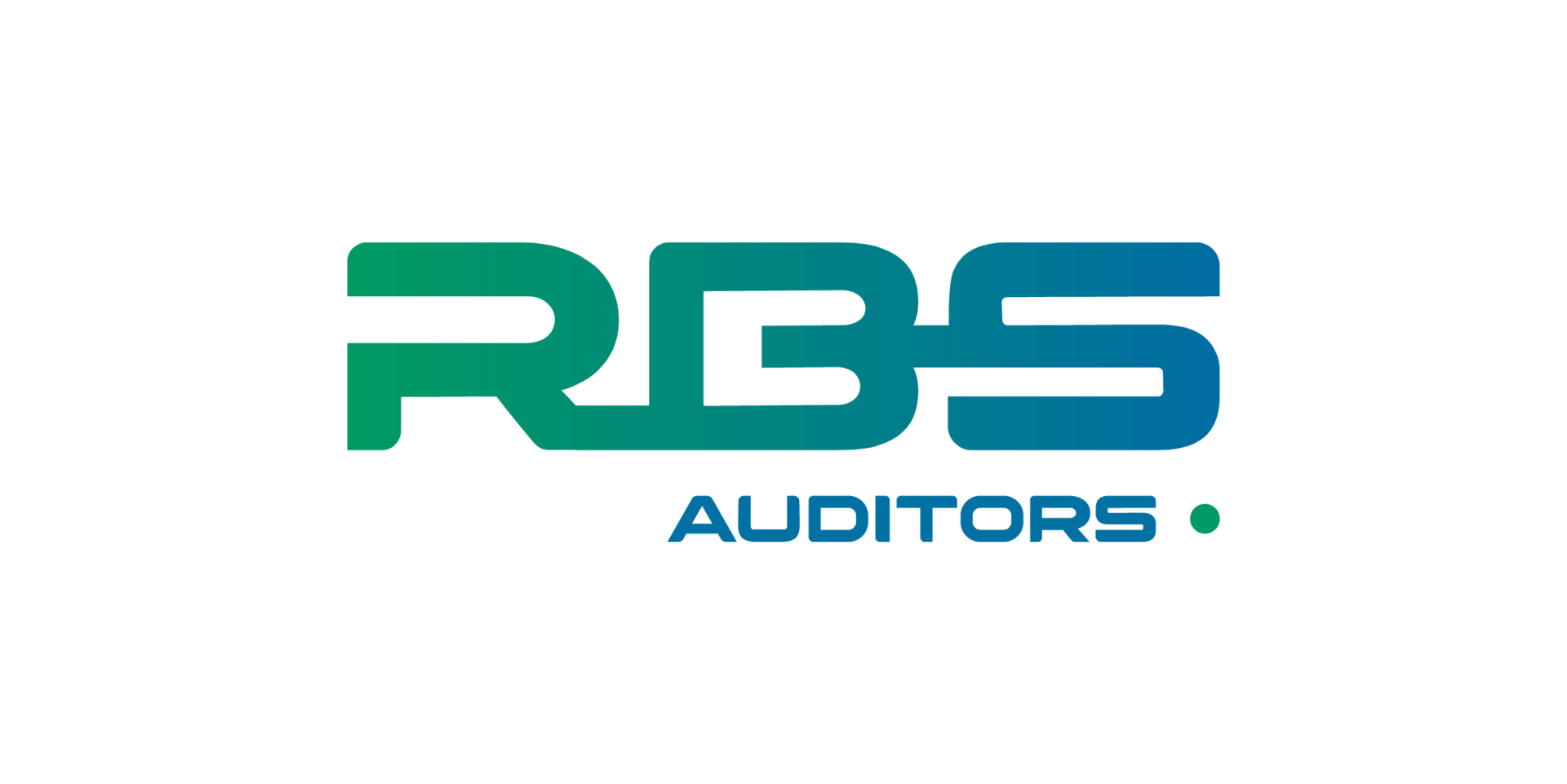Business valuation is an important step for businesses intending to sell, merge, acquire, or seek investors. It gives a fair estimate of the worth of a company based on financial performance, assets, market conditions, and future prospects. Selecting appropriate business valuation services in Dubai helps ensure that companies get an unbiased, professional opinion that aids strategic decision-making.
In this blog, we will discuss what you can expect from a good business valuation service provider and how they can assist you in realizing your financial and business objectives.

1. Thorough Financial Analysis
A professional valuation company performs a thorough financial analysis to determine the actual value of your business. This involves:
- Reviewing Financial Statements: Analyzing balance sheets, profit and loss statements, and cash flow records.
- Revenue Stream Analysis: Identification of stable sources of income and potential financial threats.
- Debt and Liability Analysis: Identification of the company’s debt commitments and outstanding liabilities.
This kind of financial analysis serves as the basis for a credible and precise valuation of the business.
2. Market-Based Valuation Method
A provider of valuation service equates your business with comparable firms in the industry to ascertain its market value.
- Industry Benchmarking: Comparison of how your business operates versus the competition.
- Comparable Transactions: Calculating recent sales of similar businesses to guess a fair market value.
- Growth Potential: Assessing industry trends and market demand for possible future growth.
This market-based method allows companies to know where they belong in the competitive marketplace.
3. Asset and Liability Valuation
A business valuation service provider also factors tangible and intangible assets into a company’s determination of value.
- Tangible Assets: Property, machinery, inventory, and equipment.
- Intangible Assets: Reputation of the brand, intellectual property, goodwill, and customer relationships.
- Liabilities and Obligations: Loans outstanding, taxes, and future obligations.
A correct valuation of assets makes sure no essential business elements are missed.
4. Risk Analysis and Financial Projections
A proper business valuation does more than deal with numbers—it also evaluates business risks and future financial performance.
- Determining Business Risks: Identifying economic, operational, and financial risks that can influence valuation.
- Financial Projections: Estimating future earnings, market demand, and profitability.
- Economic and Industry Trends: Assessing how economic trends affect business valuation.
By understanding risks and opportunities for growth, companies can make smart financial and investment choices.
5. Customized Valuation Techniques
There are different methods of valuation for various businesses. A reliable business valuation services firm in Dubai employs various techniques, including:
- Income-Based Technique: Assessing the earning capability of the company.
- Market Approach: Comparing the business with like companies.
- Asset-Based Approach: Determining the overall value of business assets.
By tailoring the valuation method, companies get a true and credible estimate of their value.

Conclusion
Selecting the appropriate business valuation services in Dubai is crucial for companies seeking to grow, sell, or attract investors. A professional valuation company offers financial transparency, risk analysis, and market-driven valuation information. With professional advice from RBS Auditors, companies can make financial decisions with confidence.
Reach out to RBS Auditors today for a professional and transparent business valuation service!




























